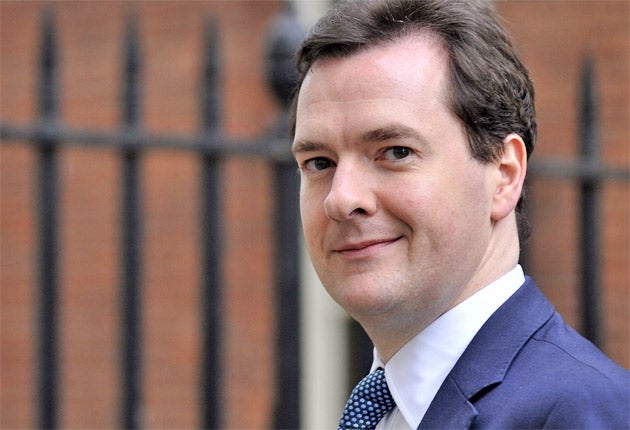Your support helps us to tell the story
From reproductive rights to climate change to Big Tech, The Independent is on the ground when the story is developing. Whether it's investigating the financials of Elon Musk's pro-Trump PAC or producing our latest documentary, 'The A Word', which shines a light on the American women fighting for reproductive rights, we know how important it is to parse out the facts from the messaging.
At such a critical moment in US history, we need reporters on the ground. Your donation allows us to keep sending journalists to speak to both sides of the story.
The Independent is trusted by Americans across the entire political spectrum. And unlike many other quality news outlets, we choose not to lock Americans out of our reporting and analysis with paywalls. We believe quality journalism should be available to everyone, paid for by those who can afford it.
Your support makes all the difference.Britain could face the same problems as Portugal unless the record deficit in the public finances is dealt with, George Osborne warned today.
The Chancellor said he would not play "Russian roulette with Britain's national sovereignty" by risking a debt crisis in the UK.
Addressing the British Chambers of Commerce annual conference in London, he said that the UK needed to "step up a gear" to catch up with its international competitors after years of falling behind.
Mr Osborne said the announcement by the Portuguese government that it was seeking a bailout by the European Union showed why the Government had had to take action to tackle Britain's deficit.
"Today of all days we can see the risks that would face Britain, if we were not dealing with our debts and paying off our national credit card," he said.
"These risks are not imaginary - they are very, very real. Those in our country who deny the urgent need to deal with our deficit are playing Russian roulette with Britain's national sovereignty. I will not do that.
"We have brought credibility where there was doubt and stability where there was none. The real practical economic benefits of this Government's policy are there for businesses and families every day.
"We now have almost the same market interest rates as Germany despite having a bigger budget deficit than Portugal, Greece and Spain."
Mr Osborne said the Government was "unashamedly pro-enterprise, pro-business and pro-aspiration" and that a "central objective" was to restore UK competitiveness after years of decline.
"Over the past decade Britain fell behind, our economy became too unbalanced, while other countries made themselves more competitive," he said.
"Too much debt, not enough savings. In many regions, too big a public sector and too small a private sector. Too many imports compared to too few exports.
"The household savings ratio plummeted. Manufacturing halved as a share of our economy. Between 2000 and 2009 Britain's share of world exports fell by a third, while Germany's share actually rose.
"We need to step up a gear. Britain needs to out-compete, our-smart and out-pace the rest of the world."
The Chancellor warned there was still a need to fight the "forces of stagnation" which he said would try to stand in the way of the "forces of enterprise".
He highlighted opposition to the Government's reforms of the industrial tribunal system, with fees to deter "vexatious" claims, compulsory arbitration, and only allowing employees to bring a claim after two years with a firm rather than one.
"These are controversial measures. The unions oppose them. The Labour movement opposes them," he said.
"So I say to you - to the business community - don't stand on the sidelines. Get involved and help us make the argument for enterprise. An enterprising Britain cannot be built by government alone."
During a question-and-answer session with BCC delegates later, Mr Osborne said there was a "real commitment" from the Government to help create more apprenticeships, with hundreds of millions of pounds being provided.
The Chancellor said he wanted to address regulatory "obstacles" preventing companies taking on apprentices, which he described as "totally self-defeating."
He admitted that some employers were reluctant to take part in apprenticeship schemes because of red tape, and announced that he was "actively looking" at the problem.
Mr Osborne said: "My commitment, and the money, comes with the condition that we sort out the regulatory problems and some of the burdens."

Join our commenting forum
Join thought-provoking conversations, follow other Independent readers and see their replies
Comments